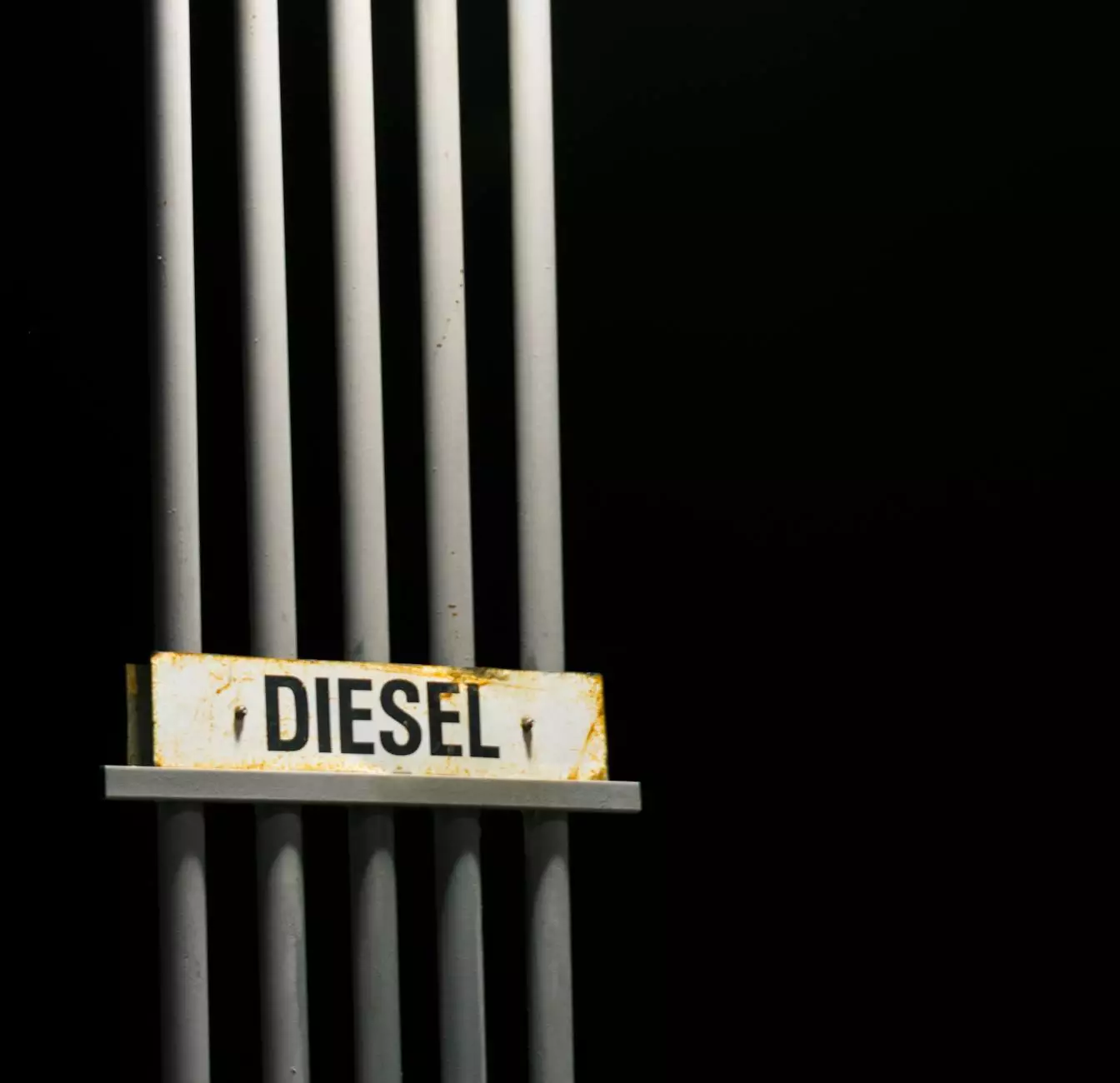Understanding Gas Pipe Replacement: A Comprehensive Guide

When it comes to maintaining a safe and efficient home, gas pipe replacement is a critical aspect that often goes unnoticed. Gas lines are essential for delivering natural gas or propane to appliances like stoves, heaters, and water heating systems. Over time, these pipes can corrode, break, or leak, which poses significant safety hazards. In this detailed guide, we will explore the necessity of gas pipe replacement, the signs indicating you need it, the replacement process, and why choosing a professional service like White Plumbing Company is crucial.
Why Gas Pipe Replacement is Vital
Gas pipes are not merely conduits for gas; they play a fundamental role in your home's overall safety and efficiency. Here are several reasons why gas pipe replacement is essential:
- Prevent Leaks: Old or damaged gas pipes can leak, leading to dangerous situations, including potential explosions or health risks from gas exposure.
- Compliance with Regulations: Many jurisdictions have strict regulatory standards for gas installations. Replacing old pipes ensures compliance and safety.
- Increased Efficiency: Newer materials and technologies can improve the flow of gas, enhancing the efficiency of your appliances.
- Longevity: Upgrading your gas lines can prevent future issues, reducing the need for frequent repairs or interventions.
Signs You Need Gas Pipe Replacement
Identifying when your gas pipes require replacement is crucial for maintaining safety in your home. Here are some red flags to watch out for:
- Rust and Corrosion: Visible rust or corrosion on the pipes is a strong indicator that they need to be replaced.
- Unpleasant Odors: Natural gas is odorless, but a distinct sulfur-like smell (often described as rotten eggs) is added for safety. If you smell this, it could indicate a leak.
- Gradual Increase in Gas Bills: If you notice a sudden increase in your gas bill without a corresponding increase in usage, it might be a sign of a leak.
- Physical Damage: Any noticeable physical damage, such as dents or cracks, warrants immediate attention and potential replacement.
- Age of the System: If your gas pipes are over 20 years old, it’s wise to have them inspected and consider replacement.
The Gas Pipe Replacement Process
The process of gas pipe replacement requires expertise and is often best handled by professionals. Here is a breakdown of the typical steps involved:
1. Initial Inspection
A trained technician from White Plumbing Company will perform a thorough inspection of your existing gas system. They will assess the condition of the pipes, look for signs of leaks, and identify anything that demands immediate attention.
2. Planning and Preparation
Once the inspection is complete, the team will develop a replacement plan tailored to your needs. This includes deciding on materials, scheduling the work, and ensuring minimal disruption to your household.
3. Shutting Off the Gas Supply
Before any physical work begins, the gas supply will be securely shut off to prevent accidents during the replacement.
4. Removal of Old Pipes
The old pipes are carefully removed. This step may involve cutting through walls or floors, depending on the location of the gas lines.
5. Installation of New Pipes
New pipes are installed according to the latest safety regulations and using high-quality materials. This ensures longevity and efficiency in performance.
6. Testing for Leaks
After installation, the system will undergo rigorous testing to ensure there are no leaks. This step is crucial for your safety.
7. Final Inspection and Clean-Up
Finally, the work site will be cleaned up, and a final inspection will be conducted to confirm everything is functioning optimally. You will receive guidance on any follow-up actions or maintenance tips.
Benefits of Choosing a Professional Service
While some homeowners may consider handling gas pipe replacement on their own, hiring professionals like White Plumbing Company offers numerous advantages:
- Expertise and Knowledge: Professionals have the training and experience needed to handle gas systems safely and efficiently.
- Safety: Mismanagement of gas lines can lead to severe accidents. Professionals follow safety protocols and regulations to protect you and your home.
- Quality Materials: Professionals have access to high-quality materials and the latest technology for replacement, ensuring long-lasting results.
- Time and Cost Efficiency: While there is an upfront cost, professional services save you time and potential future repair costs due to improper handling.
Maintaining Your Gas Pipes After Replacement
Once you’ve replaced your gas pipes, proper maintenance is essential for ensuring their longevity and safety. Here are some tips to consider:
- Regular Inspections: Schedule routine inspections every few years to catch any potential issues early.
- Monitor Usage: Keep an eye on your gas bills and consumption. Unexplained increases can signal a problem.
- Maintain Appliances: Regular maintenance of gas appliances can prevent undue strain on your gas lines and prolong their life.
- Immediate Repairs: Address any small leaks or damages as soon as they're detected to prevent larger problems.
Conclusion
In summary, gas pipe replacement is a crucial component of maintaining a safe and efficient home. Recognizing the signs that indicate the need for replacement and understanding the process are essential for keeping your home safe. By choosing a reliable service like White Plumbing Company, you ensure that your new gas system is installed correctly and efficiently, providing peace of mind for years to come. Remember, when it comes to gas lines, safety should always come first.



